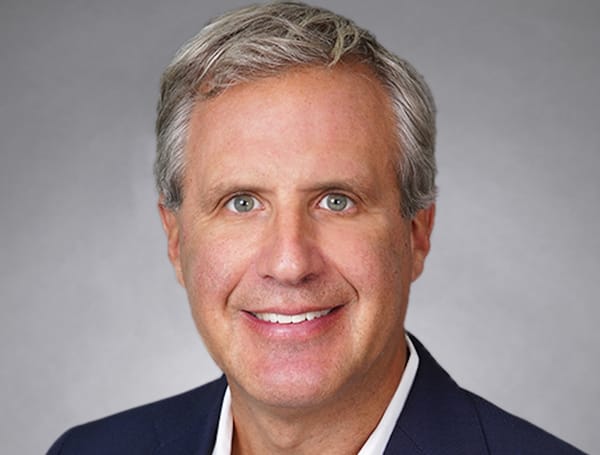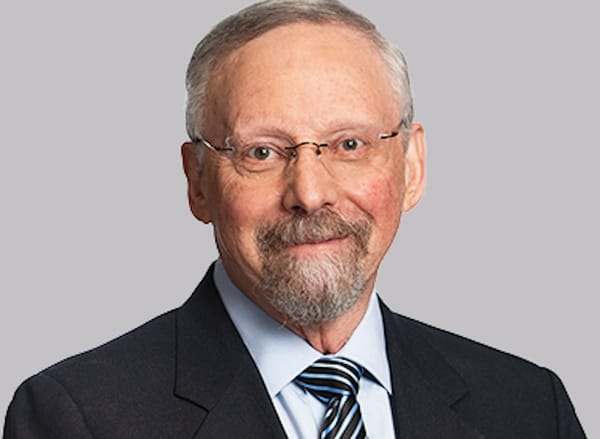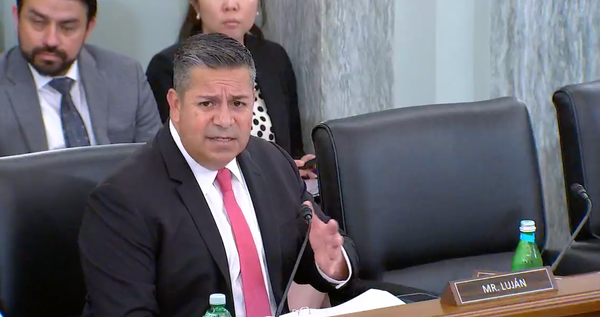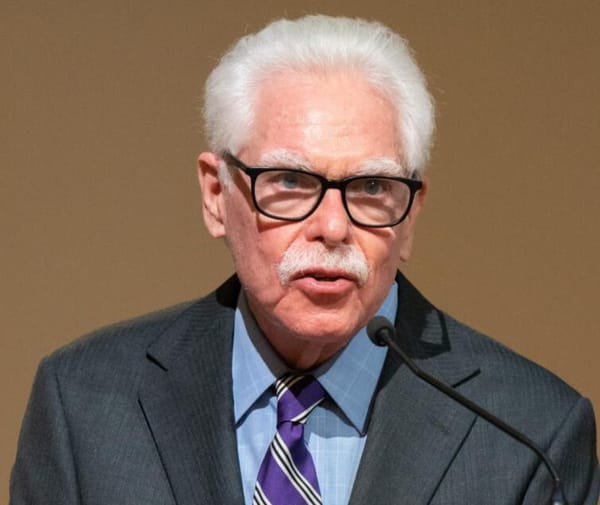FCC Commissioner Brendan Carr on the Future of Spectrum Sharing
The United States has rapidly increased its cell tower construction over the past four years.

January 15, 2021 – The United States has rapidly increased its cell tower construction over the past four years, according to Federal Communications Commission Commissioner Brendan Carr.
During a virtual event sponsored by the American Enterprise Institute, Commissioner Carr said that in the four years before Ajit Pai became chairman at the agency, the U.S. built approximately 4,000 new towers. While in 2016, merely 708 towers were built. In 2019, the latest year for which data exists, 46,000 new towers were built.
Overcoming regulatory processes which slowed progress at the FCC, allowed the private sector to build more towers and play a significant role in the increase of construction.
Now, Carr says the FCC’s next priority is understanding which spectrum bands are best suited for urban and densely populated areas and which are most effective in rural populations, in order to have proper and efficient propagation.
Carr said allowing the private industry to keep innovating in this field will help bring solutions to these spectrum proliferation issues.
According to Carr, since 2017, thousands of megahertz of unlicensed spectrum have been freed up. He further reported that rolling back unnecessary regulations has led to an $80 billion spectrum auction, currently in the works.
According to Carr, the chair needs to extend political capital to improve spectrum management. Some interagency disagreements and debates cause barriers to deployment and innovation, but Carr notes that this can be a good sign, meaning that intense debate ensures all spectrum is utilized to its full potential.
Years of progress in freeing up spectrum were made due to the pandemic, he said. Historically, spectrum has been a bipartisan issue. Carr said that the challenge now is not to allow interagency disputes to take over and maintain healthy relationships with Capitol Hill, as more stakeholders are involved.
Carr said he believes that the FCC is a world leader in the management and use of radio spectrum, and that other countries have not embraced spectrum auctions to their advantage because they aim to maintain more long-term control over the spectrum and retain a high return on investment for the treasury.
A panel following Commissioner Carr’s remarks discussed spectrum sharing
“With so much demand for it coming from the government, private, and commercial consumers, these networks must be deployed efficiently,” said Joel Thayer, associate at Phillips Lytle. According to Thayer, more than 90 percent of spectrum below 8 GigaHertz is shared spectrum.
Any spectrum-sharing solution is very complicated and may require dozens of operating parameters for any system, said Peter Rysavy, president of Rysavy Research.
Rysavy clarified a common misconception between dynamic spectrum access and dynamic spectrum sharing: Dynamic spectrum access is a general engineering term for systems that dynamically sense whether other entities are using the spectrum. In contrast, dynamic spectrum sharing is a specific capability in 5G that enables 5G radios to share the same radio channel as a 4G LTE signal.
The dynamic spectrum sharing allows operators to roll out 5G faster since they don’t need to use a cleared spectrum and use existing 4G spectrum bands while introducing a 5G signal. In the context of 5G, DSS is a specific well-specified capability for that function.
Patricia Paoletta, a partner at Harris, Wiltshire & Grannis, said that the incoming Biden Administration will be for more dynamic sharing and licensing.










